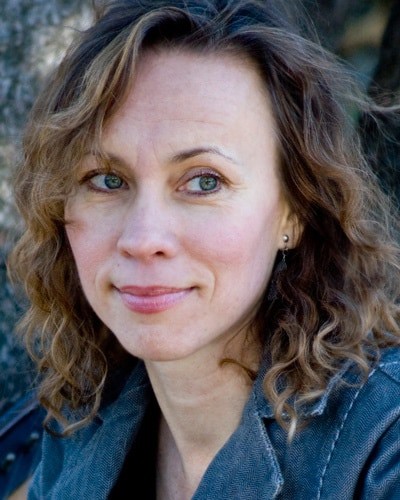Celebrating Urban Birds
March 10, 2012
Two Poems by Diane Jarvi, published at Cornell University’s Lab of Ornithology.
For me birds are symbols of how to cheat gravity and ride with angels. They are symbols of our simplest desires to be giddy and find love, to possess power, but also symbols of adaptability, delicacy and rebirth. In life and in death, these two birds showed me just that.
There was that snowy egret by the side of the road
the feathers seemed tokens of the sky,
sewn in another atmosphere,
shining threads of the moon,
plumes of an infallible cloud.
And the beak, that color of yellow
seen in tropical fruit or a painting
of lemons, but softer,
an enameled day lily or narcissus.
Its elegant scissor long and brilliant
hard not to think of a master craftsman.
The legs sectioned off like the advance of history,
lean and angular bedstraw or stems of ironwood.
Once a bone graceful dancer, the pure dark power
of those feet forking through reeds,
pushing off the bristle-rind of the marsh.
The closed eye a perfect seam
sewn by a comet tail
under a rondo of dim stars.
Once oiled and keen to flicks of glint fish
now shut to the columns of fir above,
the crunch of white gravel below
and to my hands that lift it
off the side of the road
to a shadowy sling of weeds,
left to hold and consider,
the airy hinge and bone,
helpless silver hush
of those lustrous wings.
Turkeys
They came in April, up through the garden,
not a speck of them vulnerable,
picking their way through raspberry thorn,
ornery, bald migrants gathering seed,
a score of neighborhood children following them
to their not so secret cache of eggs
dumped by the freeway wall.
And how they sent those kids screaming
for their mothers as they puffed and spread their
huge tobacco wreath feathers, picked the concrete
with long, orange cretaceous claws,
suffering nothing in the way of little boy pranks,
drilling our cat with a kick-ass Clint Eastwood eye
if he should come too close.
The forest was a distant place,
so they made do, slept up top in the Japanese lilac,
ate coneflower tops and whatever humans threw out for them,
mostly the inferior food meant for sparrows.
After a while they seemed no more out of place than the rest of us
as they pecked under open windows spilling scents of cooked onion,
trills of Haydn rising off some spinet piano,
or watching little girls draw their hopscotch hieroglyphics.
Two more members come to join the city life,
to roam this precinct, lost in love and the approximation of family,
forever scratching at the earth in hunger.
